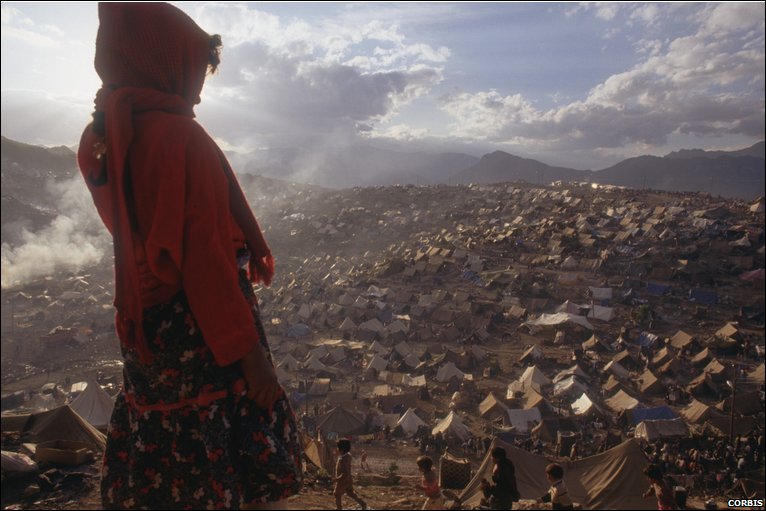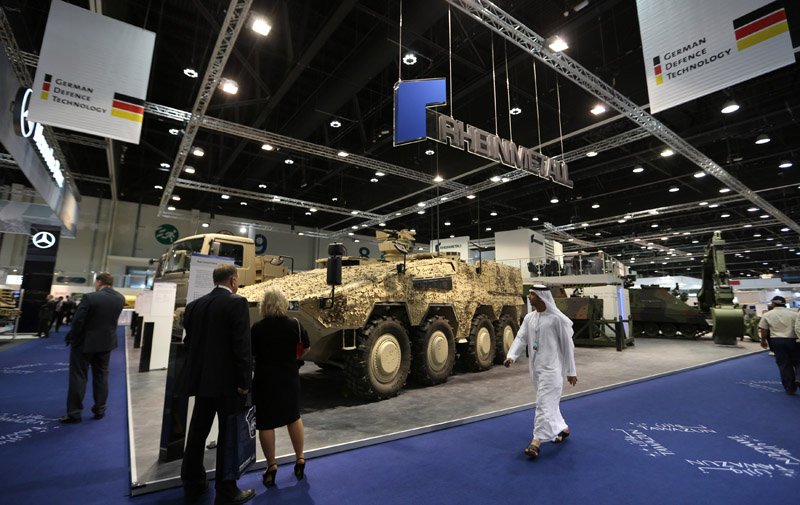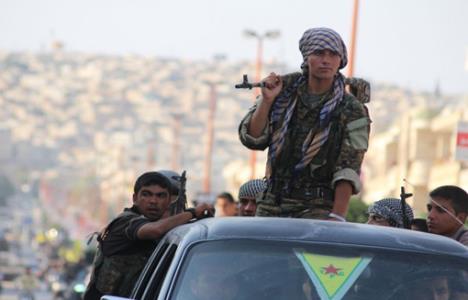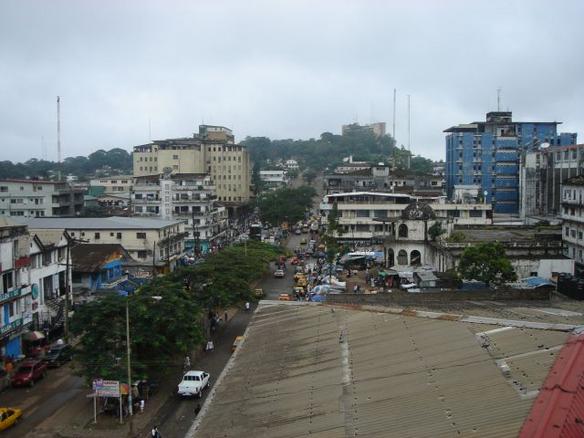“Cities of Despair Part 2” is the second installment of a two part feature addressing the status of contemporary refugee camps. Devoted to the role and challenges women face in refugee camps, this article looks at the social realities in refugee camps and compares them to the conditions in war-zone countries.
[captionpix align=”left” theme=”elegant” width=”325″ imgsrc=”http://natoassociation.ca/wp-content/uploads/2013/11/GTY_Zaatari_Camp_nt_130628_16x9_992.jpg” captiontext=””]
A refugee camp is a vexed institution, mixed with western and traditional elements. It is a particularly vulnerable place for women. Recent reports from humanitarian aid networks in Lebanon claim that women “would rather return to their war-torn homeland than face the violence, rape, and sexual assault they are experiencing as refugees.” Several refugee camps in the Middle East are currently funded by Western NGOs and foreign government aid, in addition to being policed by the laws of host-countries, military personnel, and aid workers. Although camps are supposed to offer more freedom and opportunities compared to conflict territories, women are uprooted from their usual social milieu and placed in a foreign context thus feeling more vulnerable.
The Struggles Faced by Female Refugees
A recent report from Caritas Lebanon Migrant Centre indicates that more than 65% of women in refugee camps are seeking aid from sexual abuse. Najla Chahda, the director of the Migrant Centre in Lebanon, reports that her staff was notified by refugee women of the abuse inflicted on them and their eagerness to return home. When Chahda asked them about the dangers of returning to a war-zone, they responded: “we were living easily…Even though it was difficult, we were well treated. Our husbands were not so aggressive. There were always opportunities for us to express ourselves, to share with our neighbors and frontiers in our environment.”
The report, conducted in September 2013 by Oxfam and Abaad Resource Centre for Gender Equality, is based on an assessment of Syrian and Palestinian refugees in Lebanon. The causes for sexual assault were related to the lack of support and resources for coping with abuse. Additionally, women’s labour roles often shift from domestic to manual labour, which increases contact with unfamiliar male camp dwellers.
Addressing violence against women in refugee camps is especially difficult because the camps are not designed to be long-term establishments, which is why they lack access to enough psychological and abuse support structures. At the same time, individuals often remain displaced for periods that extend well beyond what a “temporary” structure and system can support.
Jordan in Perspective
Jordan is a host-country to one of the world’s largest refugee camps, hosting at least 500,000 Syrian refugees according to UNHCR records. Violence against women is an everyday occurrence and it is often unaddressed. A social worker at this particular refugee camp states: “the Jordanian government says this issue does not exist here. We know it happens but it is not our culture, in the Arab culture, to talk about these things.”
The issue of child marriage is another form of abuse in these refugee camps. Different interpretations of the Sharia law state that girls can be married from as young as 12 years of age, but in Jordan it is against the law to marry under the age of 18. The same worker described abuse towards refugee women in Jordan as “a kind of legal violence and rape.” Many Syrian girls are forced into this so their family no longer has to be responsible for them. If she is married with legal papers, sex becomes a right of the husband, she can’t say no to him.” The issue of child marriage is one example of how western and traditional ideologies clash inside refugee camps.
Syrian women refugees who were married off at a young age in their native country hope for a better life. They view the camp as an escape route for unwanted marriages, especially given that the camp is located in a country where child marriage is not allowed before 18 years of age. Further, refugee camps do not have a system that polices familial social interactions in refugee camps (perhaps young girls are married off in these camps to help the family survive). It seems as if this is a consequence of mixing traditional ideologies that refugees bring with them with the western ideologies that are attached to humanitarian support and human rights. With that said, refugee camps, whether intended to be temporary or not, require more infrastructure and social support for women.
Future Developments
It is an understatement to say that refugee camps are not ideal living situations for displaced persons, but currently they are the only international solution for coping with displacement. Although many foreign governments and NGOs are contributing to the situation in the Middle East, many should consider articulating their support in terms of policy making as opposed to economic aid. Although Canada is contributing over $110 million dollars to combat security and economic issues in Jordan, the government should consider taking more concrete steps towards eradicating violence against women in refugee camps by using education as a tool. Teaching government officials and camp inhabitants about the benefits of women’s rights and the importance of recognizing and addressing systemic issues of abuse is the first step towards attaining this goal.
To see the realities of gender-based insecurity, make sure to watch this BBC documentary on refugee women and child marriages: http://www.youtube.com/watch?v=rjTb1IFuEMw




